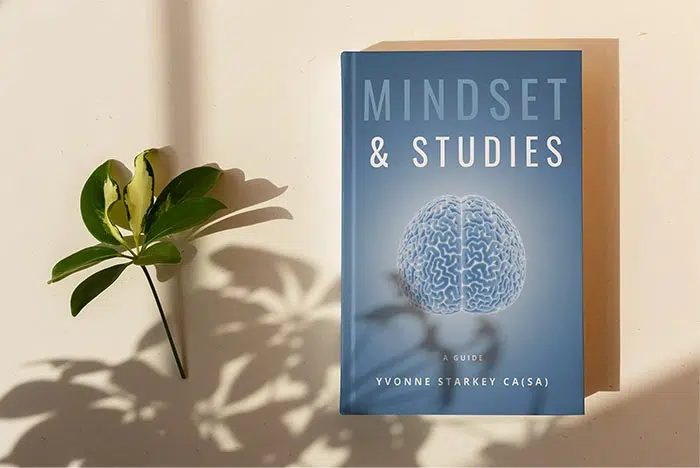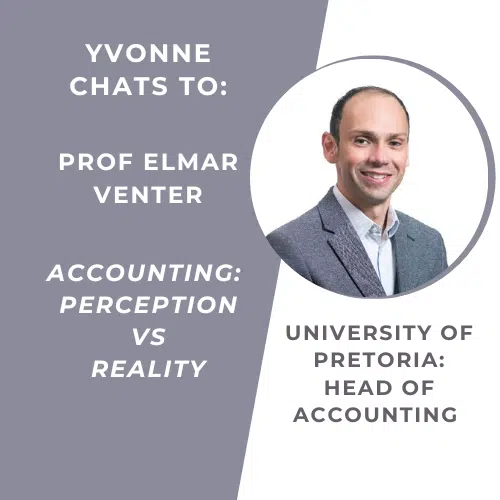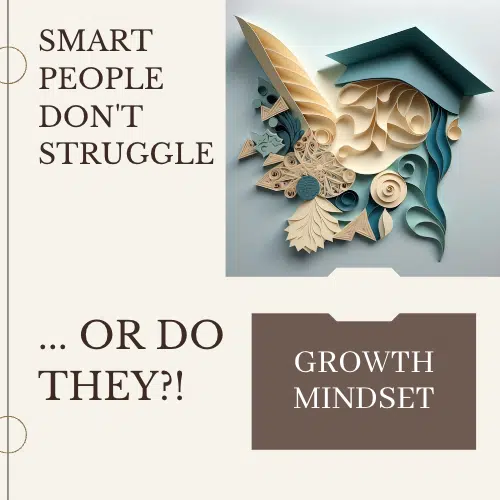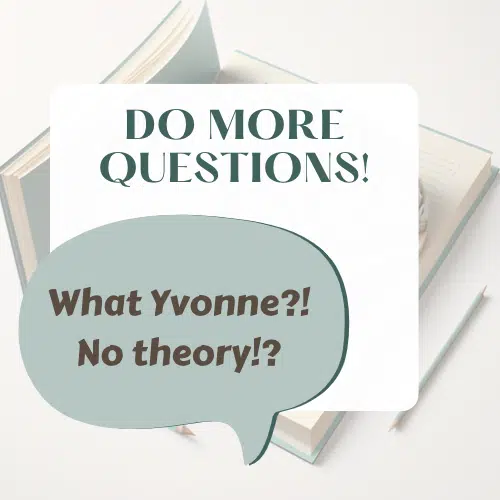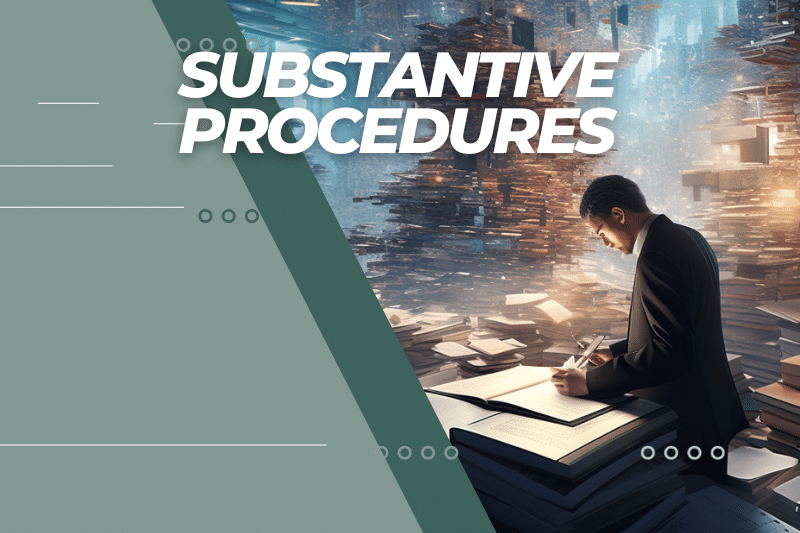I always encourage students to be honest with me about their struggles, so I thought it’s only fair for me to do the same!
What am I studying and why?
I need to refresh my IFRS knowledge, I haven’t gone into a lot of detail on the Standards for quite a while! I need the CPD, and doing IFRS CPD training means I need to make sure that I know it in such a way that I can teach it.
I decided to enrol for the ACCA Cert IFR for now.
(Note: It’s a Certificate, not a qualification… it doesn’t replace any studying you’re doing, can’t be used to get ‘credits’ for anything, and is mainly intended for people who already have their qualification)
Am I the ‘perfect’ student?
Uh… no! I haven’t studied for quite a while, and obviously it’s part-time, totally online, and I can set the exam date for whenever I want (which is WAY too easy to keep delaying!)
I feel like a hypocrite, obviously… there’s loads of advice I give students every day on how they should study, and I don’t stick to all of it. I think the value of this for you is that when I give you advice… it’s not because I’m ‘perfect’ and you’re not… it’s because I really do understand how tough it is to do this, and I know the struggles because I have a lot of the same challenges. My advice comes from first-hand experience on all sides of the table (student, lecturer, employer), and I have the benefit of years of experience examining WHY I struggle with these things and how to overcome them, or at least manage them.
Do I procrastinate?
Oh yeah! There are loads of other things I need to do, want to do, other than get my head into IFRS details. I enjoy the details and content… but it’s definitely not the first thing I gravitate towards! Especially when I hit topics I’ve never really been comfortable with!
Old habits die hard
I was always a ‘classic’ Accounting student, and struggled with most of the same stuff my current students do. The years haven’t changed my ‘natural’ instincts and personality.
I still have ‘mental blocks’
There were topics I was never really comfortable with (Financial Instruments… sheesh!). I still have a bit of a mental block with this. Even before I started the topic, I had a sense of anxiety about it. Getting rid of that feeling, and approaching it with a clean ‘mental’ slate was tricky… and I have to keep stopping myself to have a little ‘chat’ with myself… there’s no reason I can’t get this stuff right, I just need to calm down.
I still tend to ‘memory’ learning
I was always good with memory learning. It’s tough to stop my brain from going straight there. When your brain is looking at something to ‘remember’ it… you’re not really ‘thinking’… which means you won’t retain the information, you’ll only ‘remember’ it for as long as you keep it in short-term memory, but you’re not actually any more COMFORTABLE with the concepts.
I still want to ‘know’ what I’m doing before trying questions
The content isn’t ‘thorough’, there’s not much by way of explanations… when I think of how I lecture… I realise the benefit my students have always had. I spend tons of time thinking about how to explain content, try to pre-empt what students will struggle with, so that they’re prepared for questions. In this case… there’s no ‘practice’ questions before the topic’s exercise… so you ‘learn’ on the questions… and that means a lot of ‘puzzling’ things out with the Standards in front of me…
Am I studying differently to the way I used to?
I FORCE myself to slow down and ‘think’
My brain wants to memorise and move on… that’s not good if I have to explain it to other people… so I have to constantly stop what I’m doing, take a breath and read the information again, with the active question of ‘why’, ‘what’, ‘how’ the stuff I’m reading works. Try to figure out the logic behind the information, how it relates to the Conceptual Framework, how it ties in etc… this is a lot slower than memorising stuff… but it’s important… I’m LEARNING, not STUDYING.
I work through the concepts when I do questions
Rather than prepare for the questions before I start them, I use the questions to interrogate whether I understand the principles and how they’d impact the case study… without being ‘prompted’ with formulae and formats. I treat it more like a puzzle I need to solve. It’s an interesting difference from my past studying, because we always started with the question in mind… (ie: we only really studied to be able to do questions in the format that the exam would come in). Good for passing exams… not always great for applying in practice!
When I get stuff wrong… I spend time trying to change the way I think about the principles in order to get to the right answer, rather than ‘memorising’ the ‘if-then’ formula.
I actively look for ‘help’ and other resources
I’m a lot more comfortable with ‘not knowing’ stuff. I accept that I have forgotten stuff, was never totally comfortable with it, and that it may not make sense to me the first time I read it. I’m a lot more ‘ok’ with saying that I don’t get it… and after identifying what I don’t understand, I can look for ‘help’… whether it’s asking someone, or looking for resources online… (there’s SO much online!)… I am ok with ‘researching’ what I don’t know… instead of beating myself up because I didn’t get it perfectly the first time.
I am aware of where my thoughts come from
I can ‘see’ my thinking now. When I was studying, I was pretty ‘locked’ in my head. I didn’t realise why I struggled with stuff, and was really hard on myself. I took it really personally when I didn’t know something, was ashamed of it, and allowed it to ‘define’ me.
Conclusion
We’re all human. As a ‘Fixed-er’ (read more on that here), I still struggle with these things… as do a lot of students I know. The difference is what we choose to d about it once we’re aware of it.
I was always so worried what other people would think of me if they knew that I ‘struggled’ with something… so many of my students feel the same… it’s only in your head… you are far harsher on yourself than anyone else.
This is important… because students often think that they won’t pass unless they’re perfect, and have ‘gotten over’ all their study challenges… this isn’t true… it’s about challenging those habits and instincts when you need to, and actively deciding what to do about it. You may not change your instincts… but you can manage what you DO about them 🙂
I’m not done with the course yet… Watch this space… 🙂

